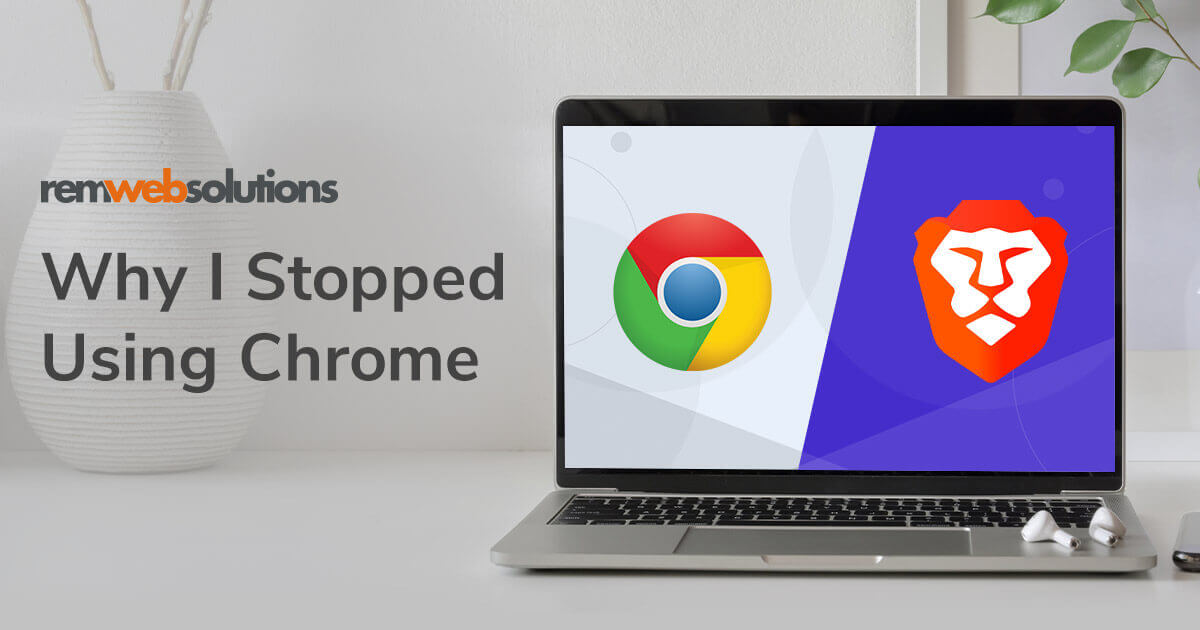
If you ask the average person today what web browser they use, I think most would tell you that they use Google Chrome. It is a powerful browser with direct ties to Google Services, giving the browser a lot of power under the hood. The Google team itself is also a massive force, so you know the browser has a lot of support behind it in terms of a workforce.
Along with this power, comes a great loss in privacy as well as quite a bit of social profiling being done on you in the background by 3rd parties. Google makes a lot of money off of you without you being aware of specifically what they are doing.
The Search for Alternatives
I spent a long time looking for alternatives, but there is always a pitfall if you stray from the Chrome platform. If you try and move towards non-Chromium browsers you start to run into compatibility issues on some websites. If you gravitate towards international browsers, you may be feeding your data into unknown or questionable sources. It took a long time, but I found a solution for myself. I want to be clear that this opinion is a personal experience and does not reflect the views of the REM team as a whole necessarily, this is a personal blog entry.
Ad-Free Browsing
I was recommended to try Brave by a friend of mine on the basis that it has a native adblocker/tracker blocker, and is based on the Chromium platform. This means it was addressing my privacy concerns at the same time as not compromising to the compatibility issues I feared would occur by leaving the Chromium base platform. What I didn’t know was that it would also give me the option to view “non-invasive” ads for essentially money. The browser gives you the option to opt in to see up to 5 ads per hour in exchange for a small amount of money (I think my cell phone was paid $2.50 last month, so it is nominal). The thing is, I didn’t notice the ads and I didn’t see any other ads for the entire month. My browsing experience was flawless and I enjoyed ad-free YouTube and various other platforms without needing to use 3rd party addons to Chrome.
Encrypting Personal Data
In addition to this, Brave also automatically tries and upgrades non-secure http connections to https automatically. This can potentially help encrypt your data across server connections where it would otherwise be exposed. You can also outright block scripts right from the URL bar.
While not everyone will benefit from such a browser, especially in a more business-like setting where you may be required to see advertisements etc., or follow a company policy on browser – I personally would highly recommend this browser for home use to help protect your privacy, make a small payback on the ads that you do opt to see, and sacrifice absolutely no quality or functionality.
